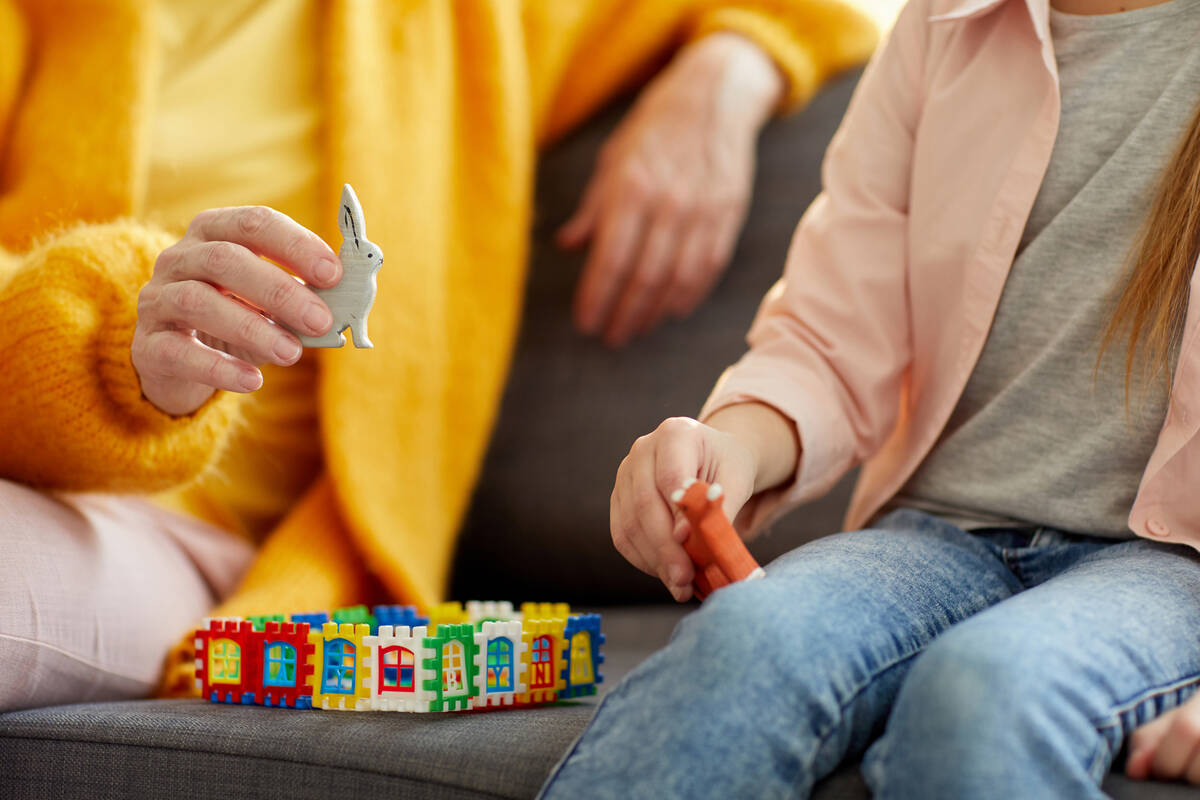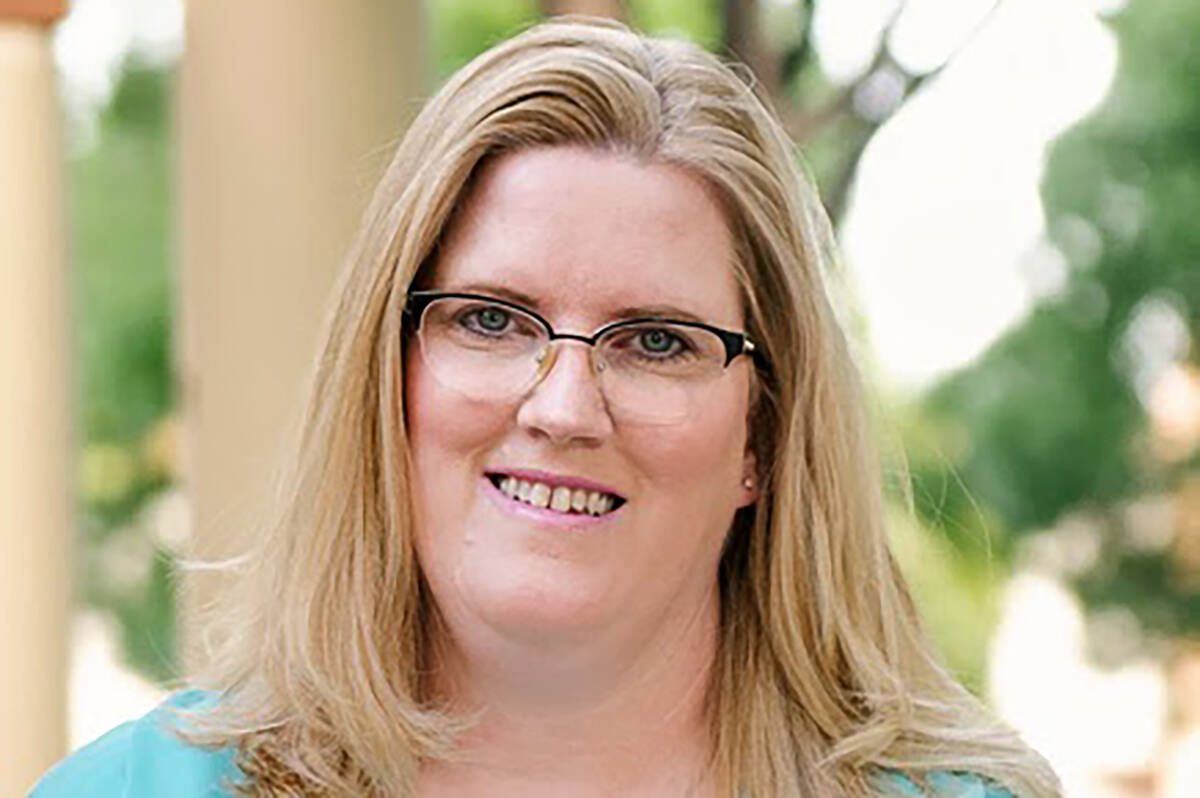How play therapy can help children, families
Nevada has a poor reputation for youth mental health, ranking near the bottom in most metrics. Thankfully, some of the best providers in the country reside in our community.
From board-certified psychiatrists to licensed mental health professionals across various disciplines, these providers know the state of youth mental health and have made sacrifices to change the narrative.
Despite these efforts, it is hard to ignore the challenges that many of our young people continue to face.
A specialty area that does not receive the credence it deserves is play therapy. According to the Association for Play Therapy, up to 71 percent of children who receive play therapy experience positive change.
That is a staggering number. If more of our children had access to play therapy, they probably would be better off emotionally, mentally and even physically.
I recently sat down with Janet Nordine, a registered play therapist supervisor and licensed marriage and family therapist supervisor, to talk about her practice and her efforts to organize the upcoming Las Vegas Children’s Mental Wellness Symposium. The interview has been edited for length and clarity.
Sheldon Jacobs: Please tell us about your private practice clinic.
Janet Nordine: I own Las Vegas Play Therapy, located in the Center for Connection, which is a cooperative of like-minded therapists that work with kids and families from all walks of life. The Center for Connection is something I wanted to create for many years to bring collaborative therapists together as well as an environment where families can come with their children and receive services. It is a community for therapists and families.
What sets you apart as a therapist?
My first job was working with foster children, and I am a foster care alum. I found out early that I did not know how to communicate with children in a way that they needed. They were not going to sit on the couch and tell me their deepest and darkest thoughts and feelings. They typically acted out in ways that were aggressive or ways that were angry, or ways in which they did not want to say even one word.
So, I started taking trainings about play because what I found was play is the language of children. I have kids that come and sit on the floor, and we interact in a dollhouse for a whole session, and it is magical to see what they are creating.
As I began to learn and participate in more trainings, I knew this is what I wanted to do. In a way, I can communicate, not only with children but with teens and adults as well. I consider myself to be a Gestalt therapist, which means I am looking at the whole mind and body and how you are communicating. I look at the nervous system and how the brain functions.
I have also completed a lot of training in sand tray, which is a modality of therapy where you can create a world in the sand without using words. There is a lot of symbolism tied to sand tray work, and it is powerful for the clients I work with. I am very creative and I like to bring various creative elements to the therapy room.
Tell us about the inaugural Las Vegas Children’s Mental Wellness Symposium.
I have traveled all over the world to attend play therapy conferences. Last year I attended on in Kenya. The head of mental health in Kenya spoke about the bombing at the U.S. Embassy in 1998. Many people were killed and a lot of children were hurt and orphaned, and he repeatedly asked, “What about the children?”
That resonated with me because “What about the children in our own state?” So many of our kids are struggling. I wanted to help clinicians here in Nevada have access to world-renown play therapy experts that I am friends with because they really have the finger on the pulse of what kids need and how to get into their world. There will also be speakers who bring hard topics to the conference such as children speaking of suicide, families who experienced sexual abuse, LGBTQA+ families and children, along with neurodiverse children.
The conference will be Sept. 26-29 at the South Point.
How can families access your services?
Along with the providers I work with, I accept various forms of insurances, including fee-for-service Medicaid. Accepting fee-for-service Medicaid is especially important to me because I want to work with children who have been adopted or who are in foster care. That community is important to me because that is my community too.
For additional information about services: Call 702-630-8848 or visit experiencecourage.com. To contact the Center for Connection, visit lvc4c.com. And for conference information, go to lasvegasplaytherapy.com.
Sheldon Jacobs, Psy.D., LMFT, is a licensed mental health professional based in Las Vegas. Contact him at drjacobs10@hotmail.com. Follow @drjacobs33 on X and Instagram.



















